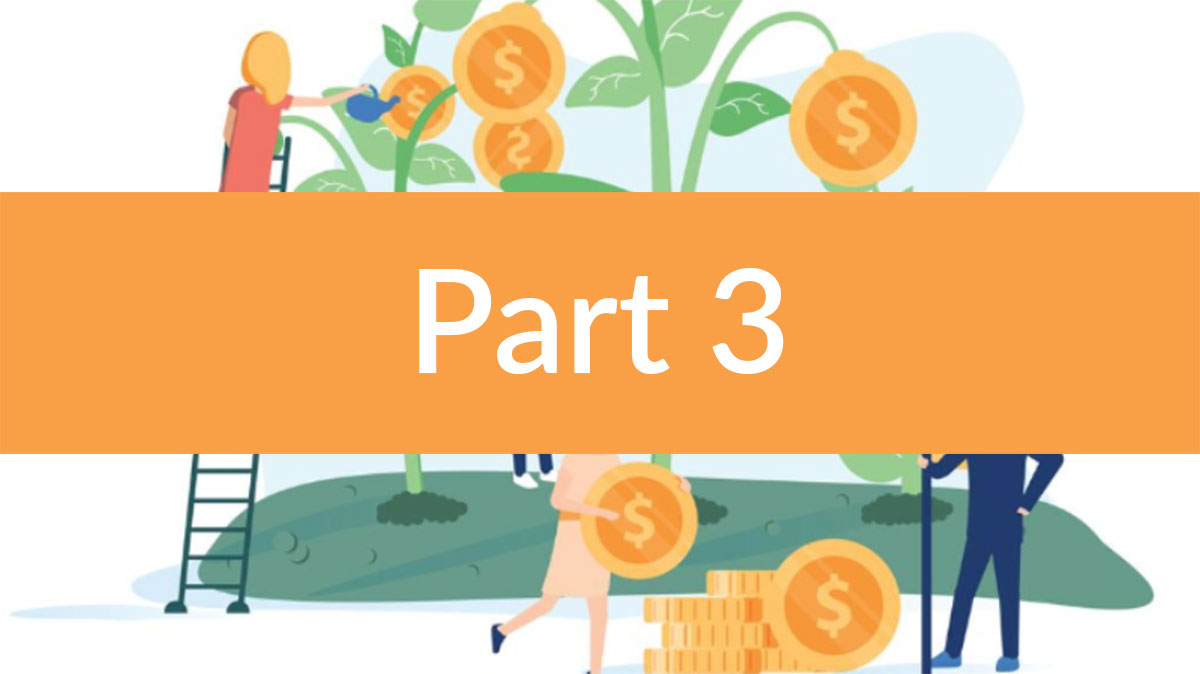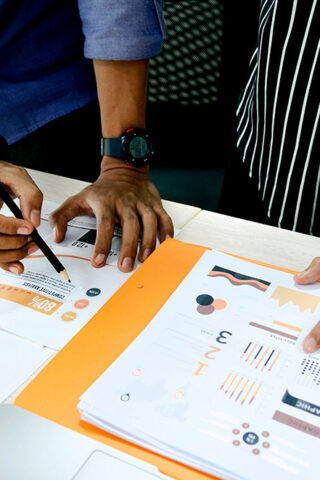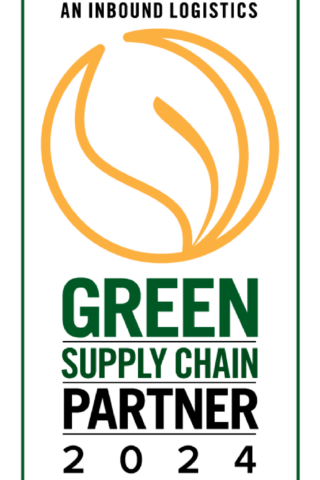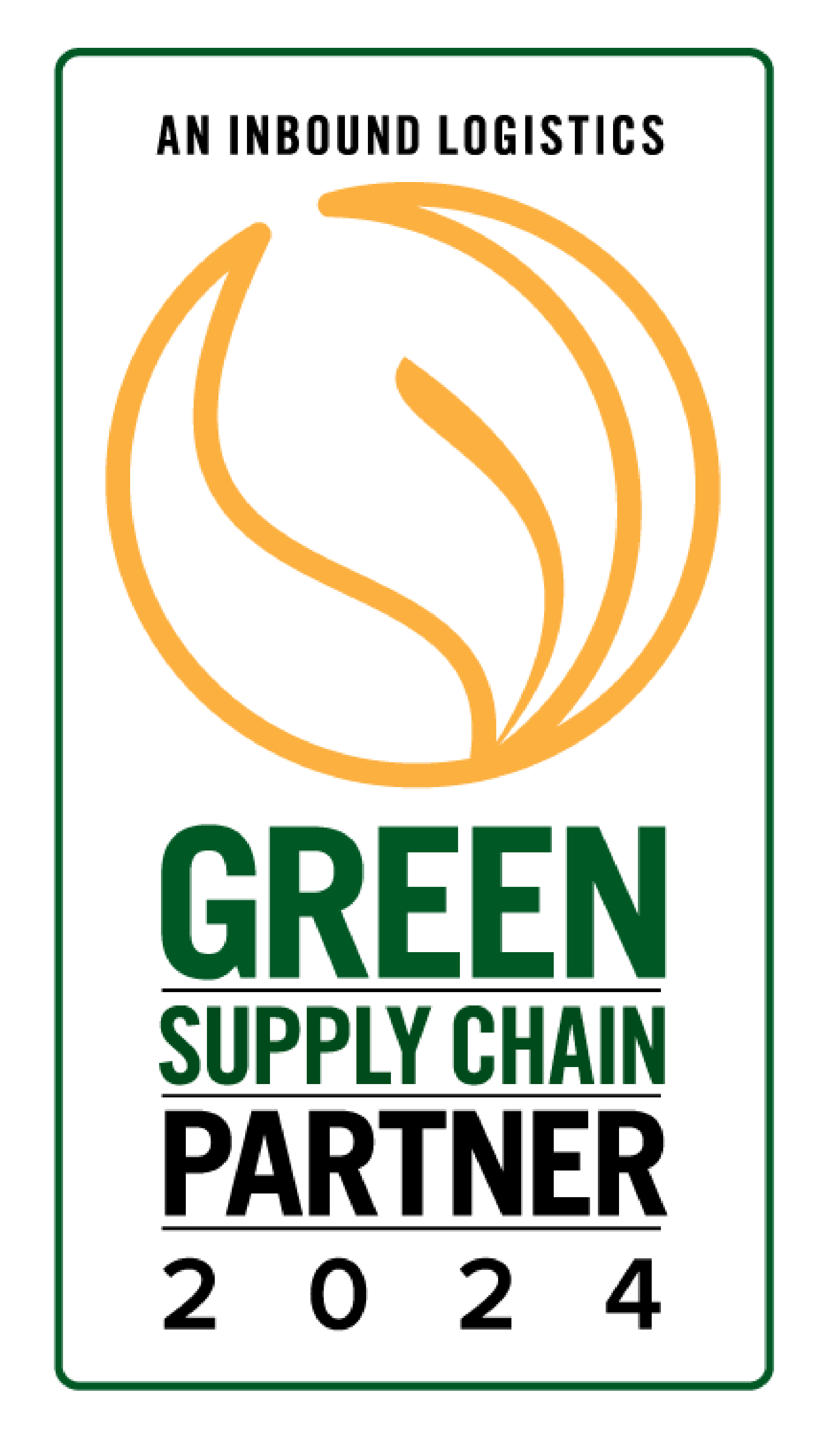FinExtra, Jamie Crawley, Reporter, 28 September 2020
Several assertions are made about sustainable investing – how reliable returns are, how complicated it is, how viable it is in a challenging economic environment and so on.
Richard Peers, founder of Responsible Risk and Finextra Research contributing editor, has been discussing these claims with industry experts, to tackle some of the oft-heard complaints surrounding sustainable investing.
This series of articles will combine these insights and opinions of experts in this space to separate the myths from reality.
11) Claim: “You can’t scale sustainable banking”
Bevis Watts uses the example of his own bank to argue this claim.
“Triodos was formed 40 years ago with four people. It now has 721,000 customers in 6 countries and its lending book contains€7bn of loans,” he says.
Reality: Sustainable banks that have successfully scaled and returned a profit exist and are growing in number.
12) Claim: “Equity Investing culture is too limited in Europe; Citizen investors being able to directly invest with support of the government in projects that improve the life of the citizenry is not happening”
Most people want to invest in a sustainable future. But when it comes to the choices available to individuals in Europe, the most direct and impactful investments are rendered inaccessible by regulation in almost all Member States. Some national initiatives to promote sustainable retail investing have worked well and could be replicated at EU level).
Reality: True. We do need to create a new EU regulatory regime for sustainable investment funds available to ordinary citizens – opening these up for impact investment into long-term assets, based on expanding and generalizing some tried and tested models. A “UCISS” regime (Undertakings for Collective Investments in Sustainable Securities) could build on the success of UCITS (for transferable securities
13) Claim: “We don’t want new capital ratios being overlaid on banks to fulfil public policy”
Banks and regulators determine capital adequacy ratio (CAR) based on risk-weighted assets. Assets that are carrying greater risk because of their alignment to certain industries will naturally be seen as carrying greater risk.
For example, in the UK, Triodos Bank is a large lender to social housing, as part of a focus on only financing organisations and projects that deliver positive social or environmental benefit. The sector is seen as low risk because there will always be a need for social housing; even if a housing association failed, then a bank can sell the properties to another association or seek approval to sell on the open market to repay the loans.
Therefore, banks are only required to hold 35% of the capital they would hold verses a standard business loan. The use of such percentages is called ‘risk weightings’, and the impact of a lower weighting in the case of social housing is to make the loan more profitable for the bank and drive down the interest rates charged to that sector. Imagine the impact on low-carbon industries if the same were to apply, or conversely if the costs of borrowing were pushed up through higher than 100% weightings for fossil fuels or other ‘brown’ assets.
As part of the Bank of England Biennial Exploratory Scenario – Climate Change Discussion paper, Adrian Sargent Founder of ESG Treasury proposed that, aligned to existing credit risk assessment, capital is allocated for climate change. “At Green RWA we have come together to propose a process to assess the capital requirements associated with transition risk and physical risk on banks’ balance sheets.
Reality: It is nothing new. We don’t need new ratios but sharper weighting.
14) Claim: “It’s all very well but we will need a total change of skills”
Provided banks can view sustainable finance as a continuation of the services they have been providing for centuries, there is no need to see it as requirement to upskill or retrain.
Banks help customers reach their goals of saving for a home, providing for their children and living a happy life by empowering people and economies, matching unmet user need, with great experience services and risk management.
Sustainable finance need not to be any different. But along with everyone else Banks will need to know the impact of their own business practices, fortunately the pattern and the practice has been established. In February 2019, 28 of GABV’s members, led by Triodos Bank and US institution, Amalgamated Bank, and representing combined assets of US$150 billion, pledged to assess and disclose their greenhouse gas emissions within three years.
Some areas will require new thinking, however. “MPT (Modern Portfolio Theory) deals poorly with real world risks (say through the lens of the SDGs). In fact, the mindset (training) of investors is one of the biggest barriers. And that leads to a whole host of defaults in the system.” Mike Clarke Ario Advisory
Reality: New skills are constantly required but it’s not wholesale change, innovators are quickly filling the gap for others to follow.
15) Claim: “It’s going to very difficult”
This final one isn’t a myth as such, but a reality check. Yes, it will be very difficult, as anything involving a behavioural and cultural change is.
However, the reward in helping clients tackle the world’s environmental and humanitarian challenges, increasing revenue and establishing a key differentiator in the market will be self-evident.
“To borrow and tweak JFK’s famous ‘Go to the Moon speech’ delivered 58 years ago,” says Mike Clarke of Ario Advisory, “‘We choose to tackle the challenge of devastating climate change with the awesome power of finance, not because it is easy, but because it is hard, because that goal will serve to organize and measure the best of our energies and skills, because that challenge is one that we are willing to accept, one we are unwilling to postpone, and one we intend to win.’s”
Reality: Yes, it is. Get used to it!








